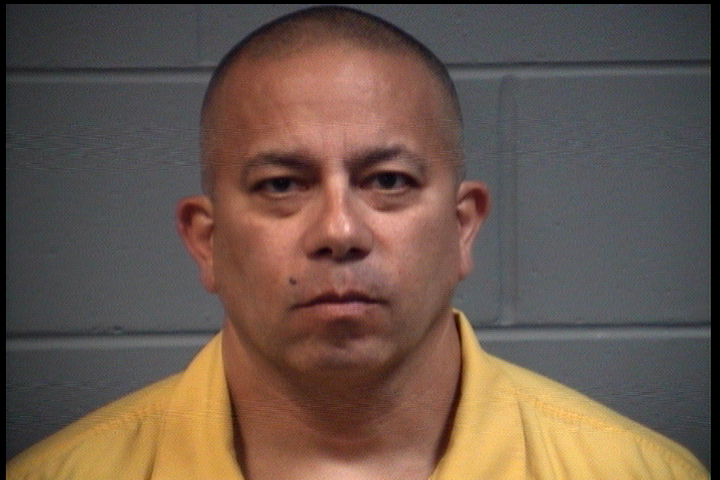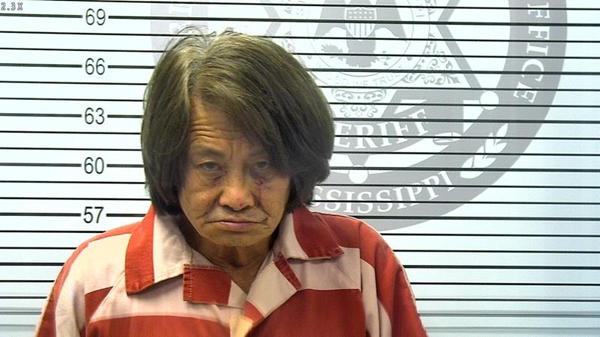Mississippi museum tells the story of how Black Americans fought for our freedom
“I thought… I said… I’m going to join the military.”
It wouldn’t be that easy for Raylawni Branch.
After all, it had only been 10 years since desegregation, and while the military desegregated in 1948, it didn’t mean people were open to the idea.
“My application had been put into the bottom of a right-hand drawer,” Branch said. “I won’t forget his name either, because he was standing in the way of progress. He had a stack of applications that had not been sent in.”
One of the first African American students to graduate from the University of Southern Mississippi, Branch wasn’t one to give up a fight.
She joined the United States Air Force as a nurse and went on to serve 26 years before retiring as Lieutenant Colonel Raylawni Branch.
Her work wasn’t truly done, because she just kept hearing the same thing…
“’Why honey, don’t you know there wasn’t that many black folks in the military,’” Branch remembered what one person had told her. “And I thought, all the men that died in Vietnam and all the way… we have fought in every war that America has had.”
It was at that moment that Raylawni Branch understood that Black Veterans’ stories were not being told, and they needed to be represented.
This is why she and many other veterans came together to create the African American Military History Museum, and it’s going strong after nearly 15 years.
In the same building where black veterans came to seek community during World War II, now sits the museum.
It showcases how African Americans have participated in history since the earliest wars, defending a country they had little rights in.
“They served our nation with honor and dignity and courage as all veterans do, but unfortunately, those stories… many of them were either lost or never told,” said Vanessa Molden, operations and education supervisor at the museum.
Now the African American Military History Museum tells them.
“People say, you know, black history, but black history is American history. The contributions that African Americans have made to this country are a part of American history,” Molden said. “And if we’re going to tell the story, we should tell the whole story.”
The museum is open and free to the public Wednesday through Saturday.



